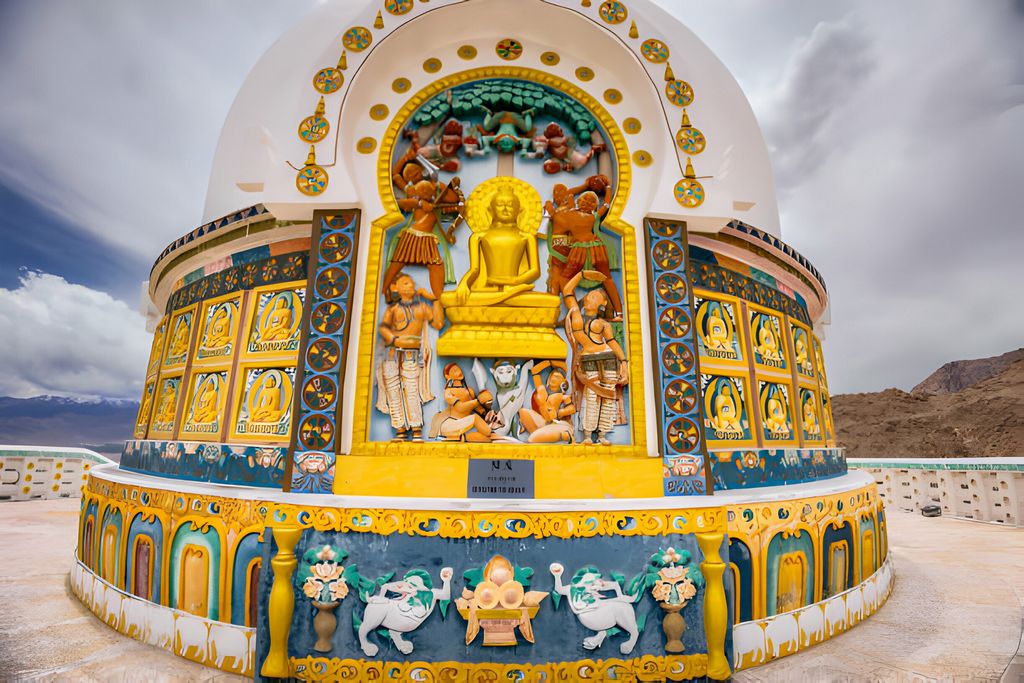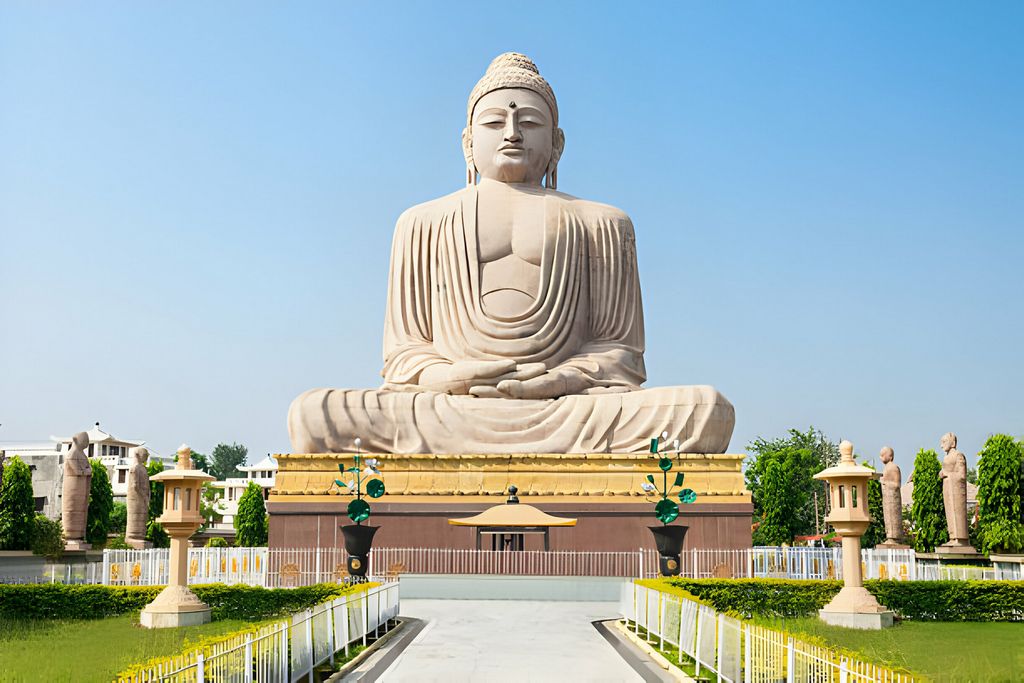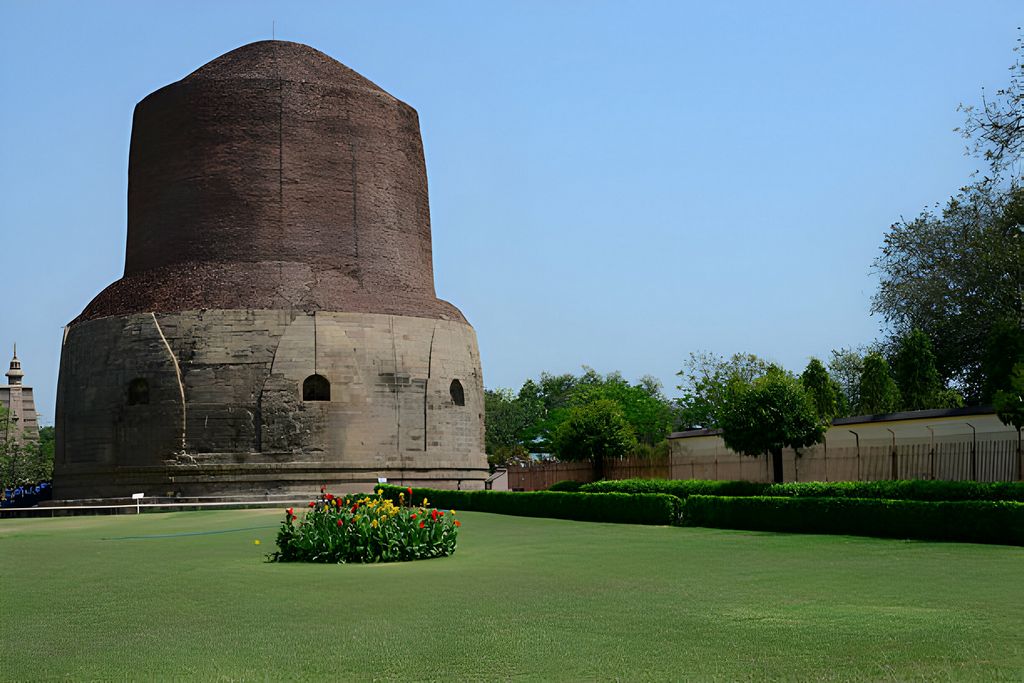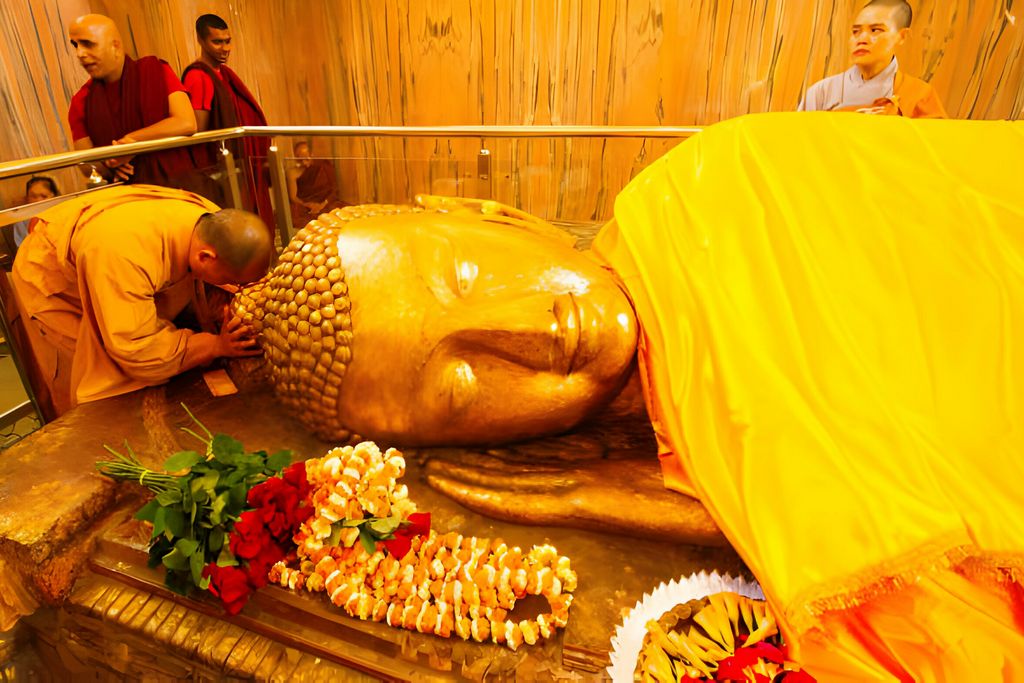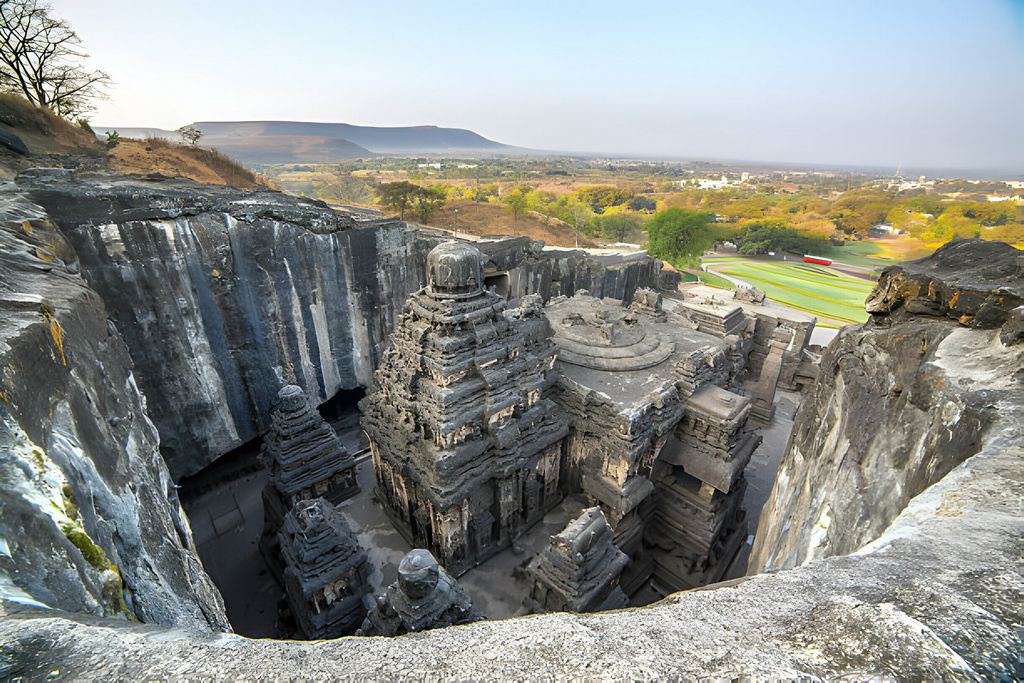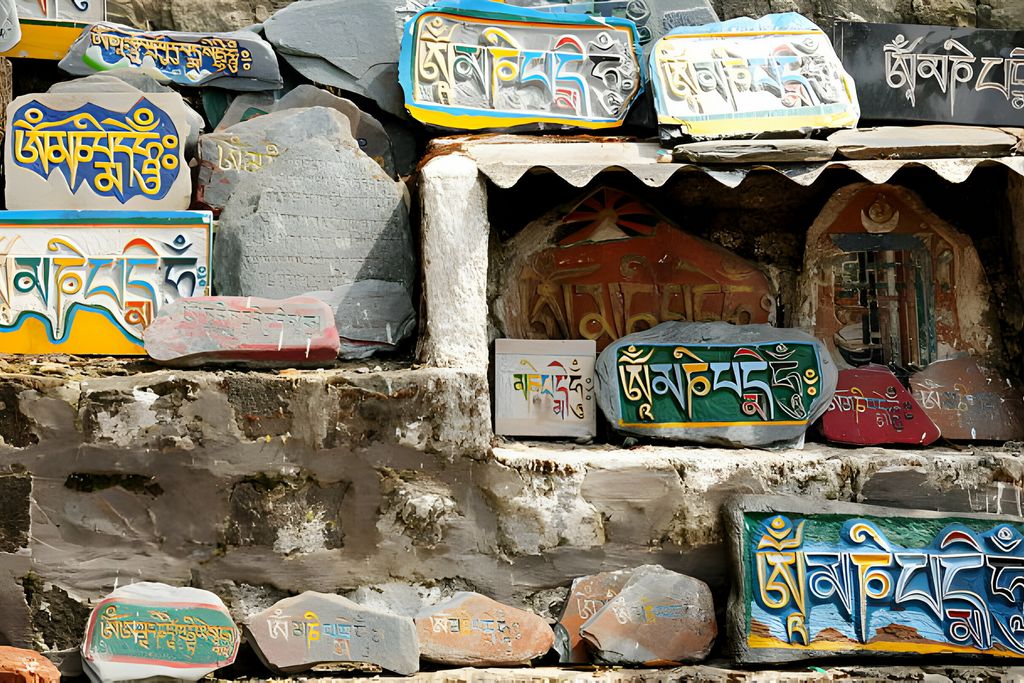India, renowned for its spiritual depth and storied past, occupies a special position in Buddhism, being the birthplace of this profound belief system. The nation is home to several sacred locations that hold immense significance for millions of Buddhists globally. Here, we highlight five prominent Buddhist destinations in India, each offering a distinctive combination of tranquility, historical importance, and spiritual resonance.
Bodh Gaya, Bihar
Bodh Gaya is revered as a paramount destination for Buddhist pilgrims, marking the spot where Prince Siddhartha achieved enlightenment beneath the Bodhi Tree, thus becoming the Buddha. The Mahabodhi Temple Complex, recognized as a UNESCO World Heritage Site, symbolizes this significant event. The tranquil Mahabodhi Temple, characterized by its towering pinnacle and historic design, offers a space for contemplation and introspection on the Buddha’s teachings. The revered Bodhi Tree, purportedly a descendant of the original tree, remains a source of inspiration for individuals journeying from various parts of the world.
Sarnath, Uttar Pradesh
Sarnath, situated close to the ancient city of Varanasi, is highly esteemed in Buddhism as the site where Lord Buddha presented his inaugural sermon post his enlightenment. The Dhamek Stupa, a colossal cylindrical edifice embellished with detailed engravings, commemorates this pivotal occasion. The tranquil ambiance of Sarnath provides an opportunity for tourists to discover the remnants of monastic establishments, the Mulagandha Kuti Vihara, and serene gardens that inspire a feeling of peace and contemplation.
Also Read : Top 11 Best Forts of India – Must visit Heritage forts
Kushinagar, Uttar Pradesh
Kushinagar holds significant reverence as the site where the Buddha attained Parinirvana, marking the culmination of his enlightenment journey and his passing. The Mahaparinirvana Temple is home to a remarkable reclining Buddha statue, symbolizing his peaceful departure. Devotees embark on pilgrimages to this hallowed ground to honor the Buddha and contemplate life’s transience, finding solace and spiritual reflection in its tranquil surroundings.
Ajanta and Ellora Caves, Maharashtra
The Ajanta and Ellora Caves stand as remarkable symbols of India’s rich cultural heritage and spiritual devotion, particularly within the realm of Buddhism. Within the Ajanta Caves are stunning rock-cut temples adorned with intricate artwork and sculptures that vividly portray the life and teachings of Buddha. Meanwhile, Ellora, recognized as a UNESCO World Heritage Site, is home to grand monasteries and temples, notably the awe-inspiring Kailasa Temple, an architectural wonder carved entirely from a single rock. These sites serve as testaments to the exceptional craftsmanship and artistic mastery of ancient Buddhist craftsmen and artisans.
Dharamshala and McLeod Ganj, Himachal Pradesh
Dharamshala and its surrounding area, McLeod Ganj, have emerged as modern centers for Tibetan Buddhism despite not being traditional Buddhist sites. With the presence of His Holiness the Dalai Lama and a substantial Tibetan exile community, McLeod Ganj boasts monasteries such as Namgyal Monastery and the Tsuglagkhang Complex, providing insights into Tibetan Buddhist traditions. Tourists can engage in various activities like visiting the Tibetan Museum, participating in teachings and meditation sessions, and immersing themselves in the vibrant Tibetan culture nestled amidst the tranquil Himalayan foothills.
India’s Buddhist destinations attract both travelers and spiritual seekers, offering not only a glimpse into the life of the Buddha but also facilitating profound spiritual journeys. These sites serve as enduring symbols of Buddhism’s timeless wisdom, inviting visitors to embark on a contemplative exploration leading to inner peace and enlightenment.

